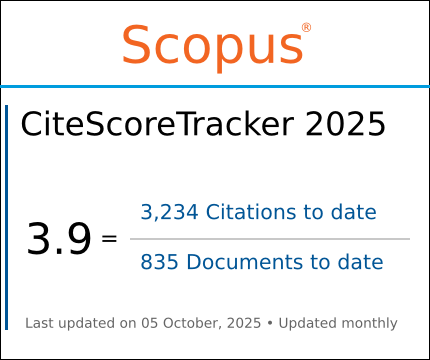Aim & Scopes
Aim
“EVERGREEN - Joint Journal of Novel Carbon Resource Sciences & Green Asia Strategy” is an international journal. The journal adopts the open access policy and publication is online. The journal aims to serve as a platform for all practitioners in science, engineering, technology, academic, industry, and research organizations to contribute to the realization of sustainable society and Green Asia where ecology and economic growth coexist. The journal is jointly edited by Transdisciplinary Research and Education Center for Green Technologies, Kyushu University, Leading Graduate School of Global Strategy for Green Asia, Research and Education Center of Carbon Resources, and Research and Education Center for Energy Materials, Devices, and Systems, Kyushu University. EVERGREEN has been publishing quality papers four times (March, June, September, and December) a year since 2014.
Scopes
EVERGREEN publishes articles that contribute to the sustainable environment and carbon neutral society. Particular attention is devoted to Novel Carbon Resource Sciences and Green Asia Strategy. The scope of EVERGREEN includes contributions to natural and social sciences. EVERGREEN welcomes submissions of good quality papers from all over the World. EVERGREEN publishes articles in diverse fields including, but not limited to,
- Novel Carbon Resource Sciences
- Green Asia Strategy
- Environmental Science
- Material Science
- Surface Science
- Ceramics and Composites
- Renewable Energy
- Electronic, Optical and Magnetic Materials
- Management, Monitoring, Policy and Law
- Surfaces, Coating and Films
- Engineering (miscellaneous)
- Management of Technology and Innovation
- Economics
- Computer Science
- Artificial Intelligence and Machine Learning
- Data Science
Open Access Statement
EVERGREEN - Joint Journal of Novel Carbon Resource Sciences & Green Asia Strategy has been publishing articles without the Article Processing Charge (APC) since inception in 2014. Articles under special issues involve APC (Please see the Special Issues page for more details.). All published content is available at no cost. EVERGREEN embraces “Open Access” publication for establishing Carbon Neutral and Sustainable Society. From Volume 10, Issue 02, all publications are fully open access, empowering readers to read, share, adapt, and build upon our works for any lawful purpose, with only attribution required. Earlier volumes, up to Volume 10, Issue 01, are freely accessible, with reuse permissions available through the authors. Consult our Licensing Policy & Copyright section for details.
Licensing Policy & Copyright
All papers in EVERGREEN, an open-source journal, are published adhering to the principles of the Creative Commons Attribution 4.0 International. The author(s) of Evergreen retains() the copyrights. Under this license, authors agree to make their works/materials available for sharing, reproduction, distribution and adaptation for non-commercial purposes, as long as they provide appropriate credit to the original authors and sources are cited. To view a copy of this license, visit http://creativecommons.org/licenses/by/4.0/ .
History of the Licenses
| License Type | Coverage Period | Copyright Owner | Reprint Permits Contact |
|---|---|---|---|
| No License | Vol. 1, Issue 01 to Vol. 10, Issue 01 | Authors/ |
Authors/ |
| CC BY-NC | Vol. 10, Issue 02 to Vol. 10, Issue 03 | Authors/ |
Authors/ |
| CC BY | Vol. 10, Issue 04 onwards | Authors/ |
Authors/ |
Indexing & Archiving
 |
 |
 |
 |
 |
 |
 |

















